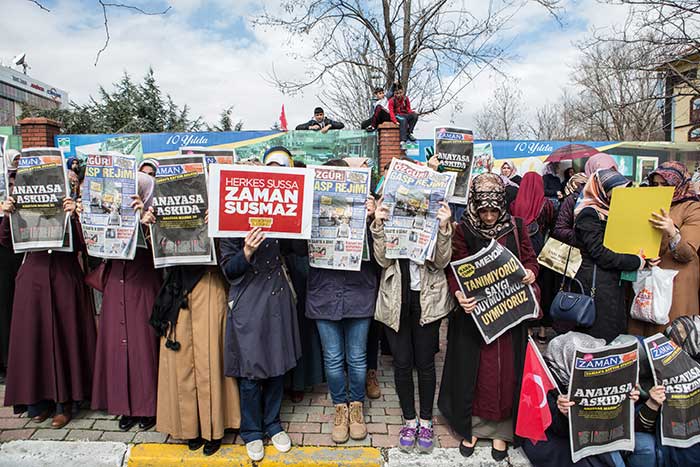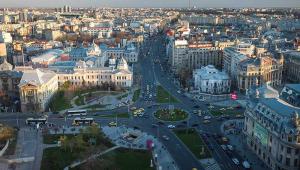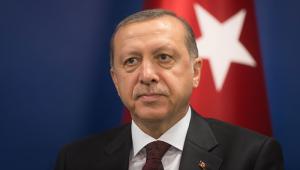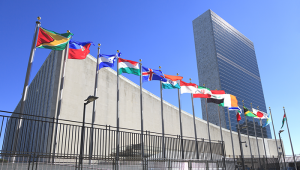web_zamandaily_shutterstock_386223103.jpg

People protest the government takeover of Turkish newspaper Today's Zaman.
The anti-corruption NGO found that Turkey’s government is one of the weakest institutions in the country in terms of integrity, good governance and fighting corruption.
This unchecked power is hampering the strength of other institutions, especially the media, the only one to score lower than the executive in Transparency International’s analysis.
E. Oya Özarslan, chair of Transparency International Turkey, said this coalescing of control around the executive branch is “detriment to other pillars of the state”.
“In our research Turkey scores very poor marks mostly because the key institutions are not independent.”
As a result Transparency International found that while Turkey’s governance architecture may look good on paper, with the right laws, agencies and resources in place to fight corruption and promote good governance, in practice they are not working as they should.
Not one of the 15 institutions analysed by the NGO was rated as “strong”. Only five were considered moderate, including the supreme audit institution, the legislature, and civil society.
The remaining ten were classified as “weak”, with the public prosecutor, political parties and the judiciary scoring highest in this category, while state-owned enterprises, the executive and the media came in at bottom.
While some institution-specific concerns were identified, Transparency International said the executive’s influence is pulling down the whole system.
It undermines the rule of law and democratic process, prevents civil actors from effectively participating in anti-corruption measures, and hinders freedom of information, association and speech, it continued.
Turkey has come under fire recently for cracking down on press freedoms, and Transparency International found that anti-terror and penal laws are being used to censor and prosecute journalists.
Turkey is a world leader in imprisoning members of the press, followed closely by Iran and China, with the crackdown intensifying after a major corruption scandal in 2013.
A number of journalists have also been fired as a result of government pressure, and recently the government took over Turkey’s largest-circulation daily, opposition newspaper Zaman, sparking days of protests. The newspaper has since adopted a pro-government stance.
Transparency International said incidents like this, as well as the fact that the remaining large private media groups are controlled by vested interests, mean the media is a “long way from performing its watchdog function”.
Scoring only slightly higher than the media in Transparency International’s analysis was the executive itself.
Within the branch, the president, the prime minister and the Council of Ministers all have close ties and little independence, with the president chairing the council of ministers and campaigning in favour of the ruling party, for example.
The executive also has low integrity, with members of the body granted impunity from accountability, and areas of the budget and policy-making lacking in transparency.
While the government has made several commitments regarding the fight against corruption, a great number of them have gone unimplemented, the report added. Amendments to the legal framework have even weakened anti-corruption efforts.
Transparency International called on Turkey to ensure the separation of powers and independence of its institutions, and on the executive to maintain the rule of law and not overstep its boundaries.
The independence of the judiciary in particular needs to be protected, the election threshold should be increased to ensure better representation of votes in parliament, and the use of parliamentary immunity should be limited to prevent it being used to block corruption investigations, it added.













